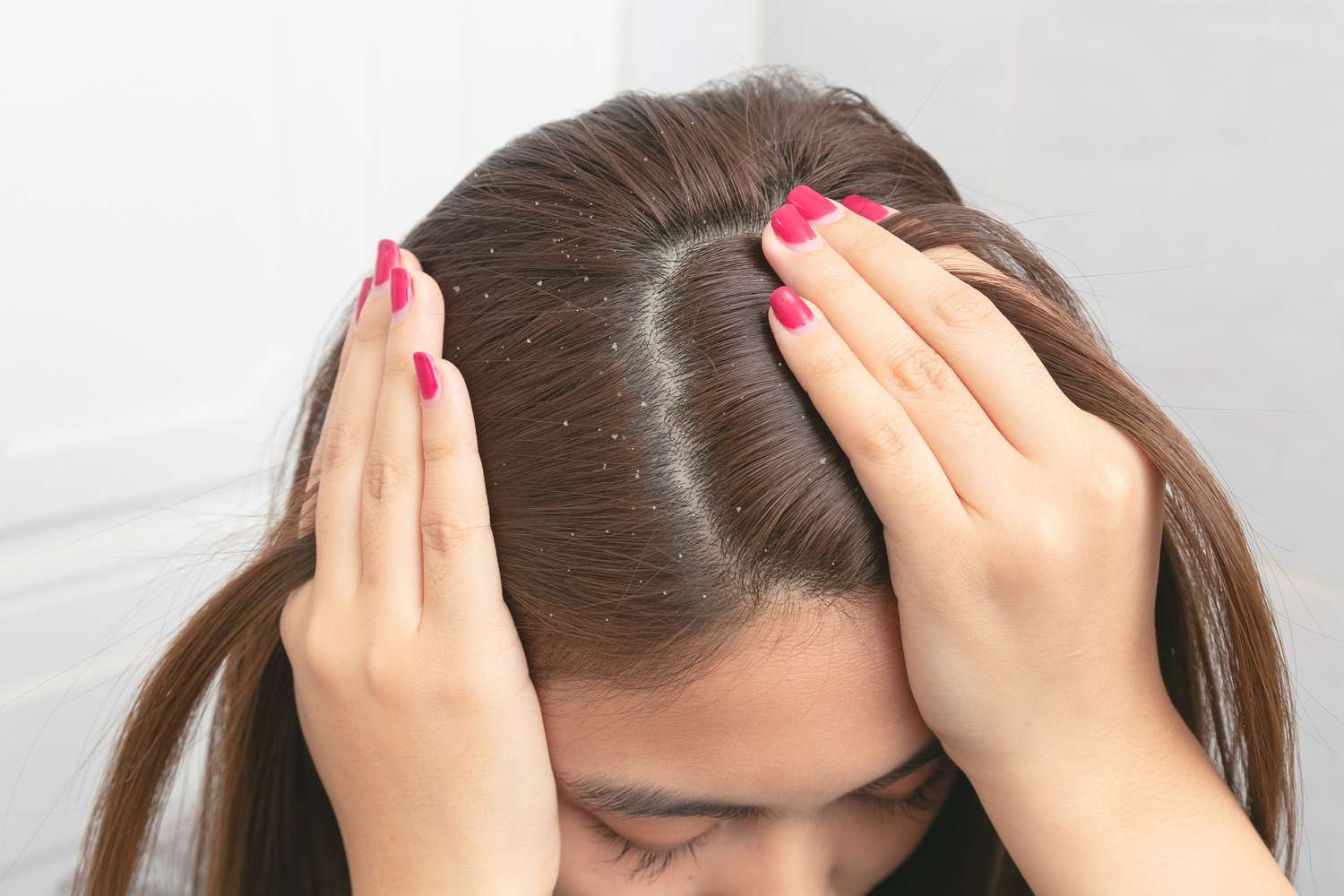-
Use an Anti-Dandruff Shampoo:
- Choose a dandruff shampoo that contains active ingredients like zinc pyrithione, selenium sulfide, ketoconazole, or salicylic acid. These ingredients can help control the overgrowth of yeast on the scalp and reduce dandruff.
- Follow the instructions on the shampoo bottle. Typically, you'll need to use it regularly, often two to three times a week, for a few weeks to see results.
-
Gently Massage Your Scalp:
- While shampooing, gently massage your scalp to help exfoliate and remove flaky skin.
- Avoid scratching your scalp, as this can worsen the condition and lead to more flaking.
-
Maintain Good Hygiene:
- Wash your hair and scalp regularly, but don't overdo it. Overwashing can lead to dryness, which can exacerbate dandruff.
- Use lukewarm water, not hot, when washing your hair.
-
Avoid Harsh Hair Products:
- Some hair products, especially those with alcohol or strong chemicals, can irritate your scalp and worsen dandruff. Choose mild, hypoallergenic hair products.
- Be cautious with hair styling products like gels and sprays, as they can contribute to dandruff if they build up on the scalp.
-
Maintain a Balanced Diet:
- Eating a balanced diet rich in vitamins and minerals can help keep your scalp and hair healthy. Include foods with zinc, B vitamins, and healthy fats.
- Stay well-hydrated by drinking plenty of water.
-
Manage Stress:
- Stress can exacerbate dandruff in some individuals. Practice stress management techniques like yoga, meditation, or deep breathing exercises.
-
Avoid Overexposure to Cold and Dry Air:
- Dandruff can worsen in cold, dry weather. Protect your head from extreme cold by wearing a hat or scarf.
-
Get Adequate Sunlight:
- Limited sun exposure can be beneficial for the scalp, as sunlight can help reduce the growth of the yeast that contributes to dandruff. Just be sure to wear sunscreen on your face and neck to protect your skin.
-
Consult a Dermatologist:
- If over-the-counter dandruff shampoos do not provide relief or if your condition is severe, consult a dermatologist. They can recommend prescription-strength shampoos or other treatments.
Remember that dandruff may come and go, and managing it may require ongoing care. It's also essential to differentiate between dandruff and other scalp conditions like psoriasis or eczema, which may require different treatments. If your dandruff persists or worsens despite your efforts, consult a healthcare professional for a more accurate diagnosis and treatment plan.




Comments (0)